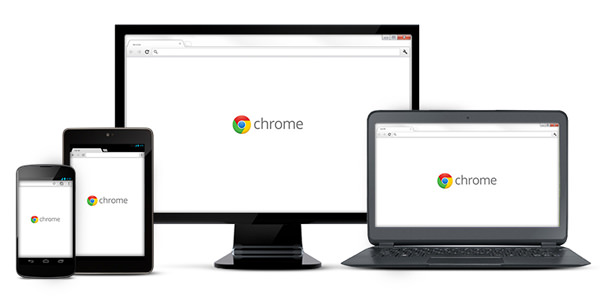Chrome 67 will consume even more RAM with Site Isolation, but for a good purpose
The new security feature will increase data protection on individual open tabs, but consume 10 to 20 percent of system resources.
Site Isolation is a feature present in Chrome 63, but not yet activated by default on the finalized versions of Google’s browser. This, at least, until the next Chrome version 67, which among the news on the beta versions already available for download is precisely the activation of the security feature by default.
What will the user warn? The most obvious news will be a weighting of 10/20% regarding the consumption of RAM, but also greater security and data protection with which the user will interact on the individual tabs.
What is Site Isolation on Chrome 67?
To understand what Site Isolation is and why it increases the RAM consumption of the Big G browser you need to know how the Chrome sandbox system works. On the browser, each tab is allocated within a dedicated process for security reasons: separating the contents of the individual tabs Chrome can prevent the entire application from crashing if only one of the tabs is encountering a problem.
 Running the individual tabs in different processes prevents them from dialoguing, thus blocking any fraudulent access attempts launched by a malware to the other open tabs of the browser. The system allows, perl, to share the process to some web pages that can be in some way connected.
Running the individual tabs in different processes prevents them from dialoguing, thus blocking any fraudulent access attempts launched by a malware to the other open tabs of the browser. The system allows, perl, to share the process to some web pages that can be in some way connected.
If you open a link from a tab, for example, the new tab is executed within the same process since it is considered as a ” related ” page to the previous one, and this mode of tab execution is bound to disappear. Site Isolation is an even more restrictive model of execution within which each website is allocated within a completely new and exclusive process.
The system of ” shared processes ” will be deleted by default on Chrome 67: the new version of the browser will not guarantee any exception and all the new tabs opened during the browsing session will be launched in a new process and all exclusive.
More technical details on Site Isolation on the Chromium blog
Advantages and disadvantages of Site Isolation
The functionality will increase the security of Chrome and online browsing, but there will be a small cost to pay. The Google browser has been quite criticized for the excessive use of system resources in relation to the real needs perceived by users for individual sessions, and this could worsen with the arrival of Site Isolation.
The feature, obviously, impacts significantly on the consumption of RAM, which is already higher in relation to the products of the competition. According to current estimates, Site Isolation will cause a memory consumption of 10 to 20% higher than today, probably resulting heavier in use with systems with a limited amount of RAM.

